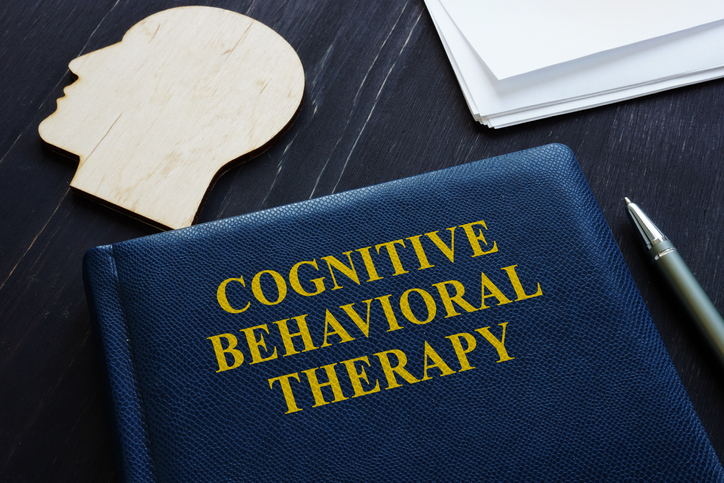Most people struggling with addiction and substance abuse require a combination of therapeutic approaches. Cognitive behavioral therapy (CBT) is one essential aspect of many treatment programs, as it targets the underlying mental health conditions or behaviors and aims to remedy them.
CBT sessions are often limited, with some patients only undergoing as few as five sessions. This is because the goal of CBT is to empower you to take your mental health and wellness into your own hands, so you can navigate the world in a more positive way.
How CBT Works
CBT puts forth the principle that psychological problems are predicated on an incorrect way of thinking, as well as harmful patterns of behaviors. Practitioners of CBT believe that the best way to overcome these issues is by developing healthier coping mechanisms to address poor thinking and behavior. This entails several steps, including:
- Identify problematic issues. In addition to substance abuse disorders, CBT is also used to addressed life problems, like marital strife, as well as mental health conditions, such as depression and anxiety. Initial sessions are devoted to discussing these and other issues.
- Develop an awareness of feelings and emotions. Your therapist will encourage you talk at great length about how you feel about the problematic issues in your life. This is why CBT is often referred to as “talk therapy”.
- Identify negative thinking and behavior. Role play is often used to help you locate negative patterns of thinking or behavior. For example, your therapist will present a scenario and ask how you would respond to it.
- Alter thinking and behavior. Next, the therapist will offer alternative responses for you to consider, ones that are more beneficial to your mental health and life in general.
What to Expect with CBT
Therapists providing CBT use a variety of methods and strategies to help patients cope with everyday stress and anxiety. For example, instead of taking a minor setback as proof that you’re a failure, accept that everyone makes mistakes and that a mistake has no bearing on who you are as a person.
Another strategy might involve developing problem-solving skills to better respond to obstacles. A person may also identify their fears and create a strategy for facing them, as opposed to avoiding them and allowing fear to build up inside.
CBT therapists also provide patients with work to do on their own. The goal is to provide the patient the tools they need to identify problematic behaviors and eliminate then from their lives.
How CBT Benefits People with Addiction and Substance Abuse Issues
Drug addiction often occurs in conjunction with an underlying psychological issue. Along with treating the addiction itself, you must also receive the proper counseling to ensure you can maintain sobriety for years to come.
That’s the goal of our team at Duke City Recovery Toolbox. We combine a variety of methods, including medication-assisted treatment, behavioral therapy, and peer support to give you the best chance at recovery. Call (505) 224-9777 to learn more about getting help for addiction in Albuquerque. You can also contact us for more information on our services.




